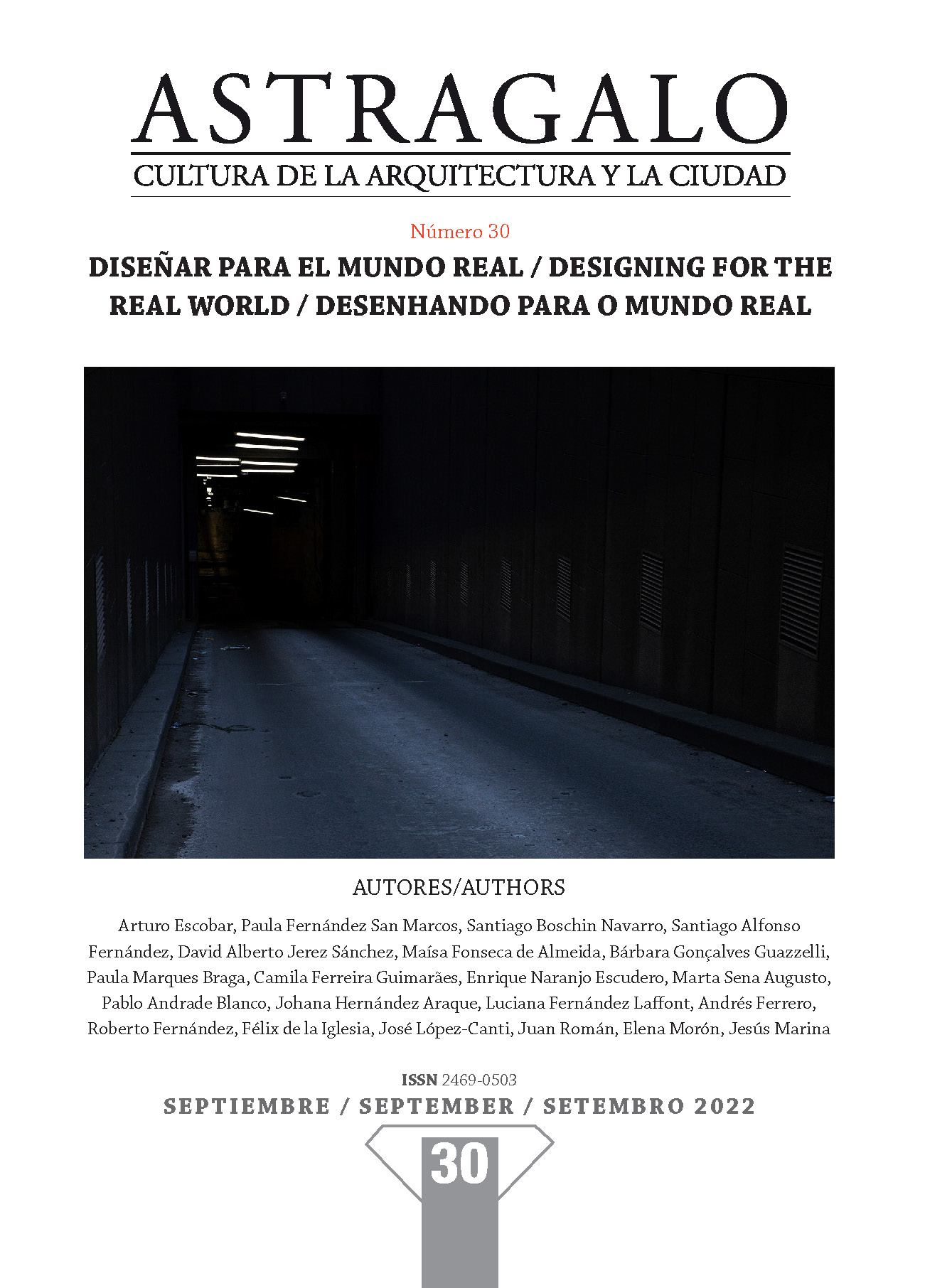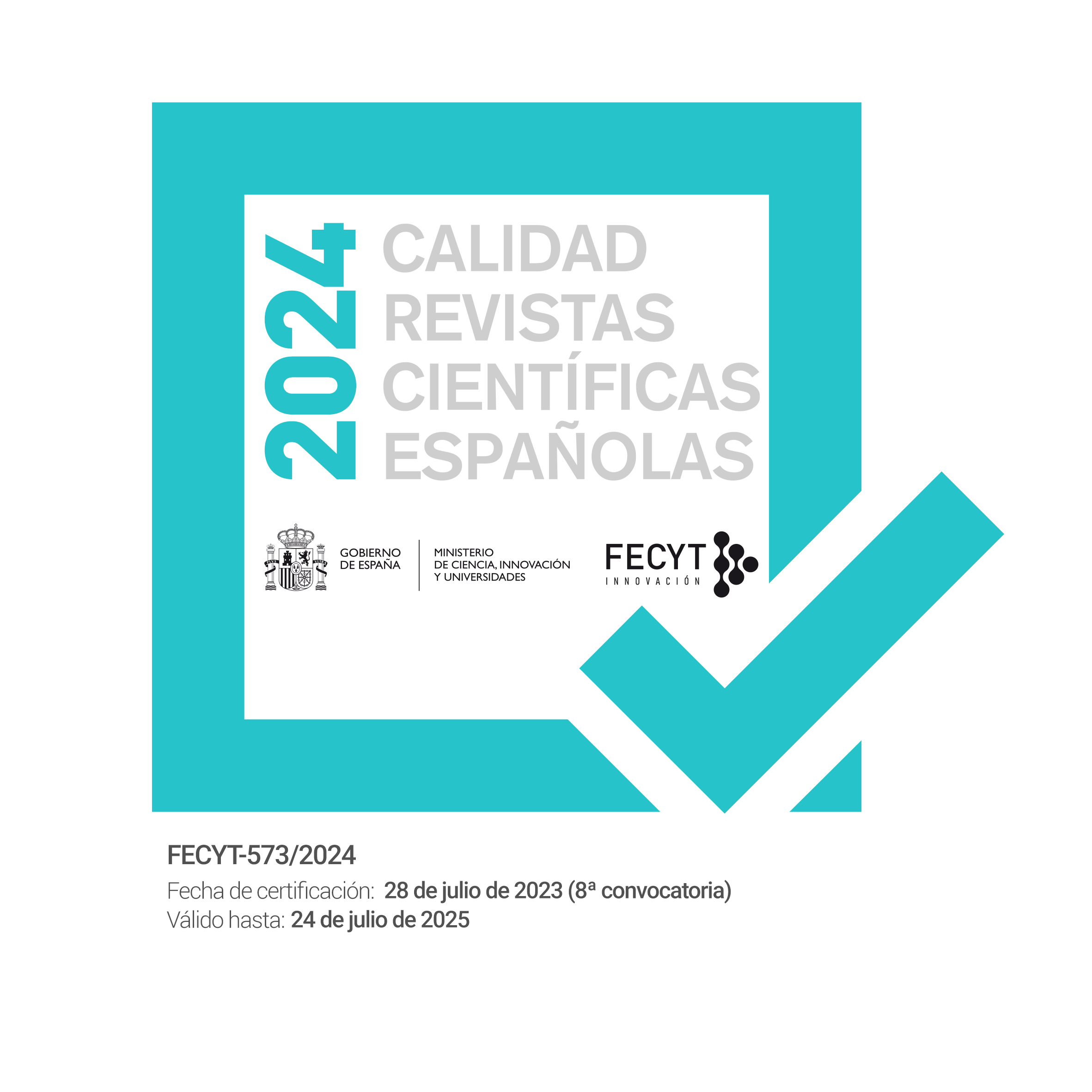Designing for the social economy
Enhancing traditional foods from northern Argentina with design
DOI:
https://doi.org/10.12795/astragalo.2022.i30.13Keywords:
Tradition, food, family economy, sustainable energy, alternative resourcesAbstract
From the analysis of the current productive social problems in Argentina, the initiative arises to meet the needs in certain areas of the work developed in the north of Argentina by popular organizations that could improve their socio-productive situation with socially relevant results by connecting public entities and private in an interdisciplinary construction model.
For this, the traditional cultural traits of Argentina social gropus are analyzed with respect to food in relation to an originally subsistence production that, on the one hand, collects ancestral wisdom with eco-susteinable modalities that could generate exportable balances (beyond what this groups consume) through alternative marketing methods so that such food systems are also tools for strengthening the small producer registered in a small-scale and family economy existing in the country.
These local actors – and other posible new ones that arise – have been marginalized from the hegemonic comercial sytem from the beggining and need to strengthen and strategically define their production in order to have fairer conditions for the producer while offering favorable alternatives for the consumer.
These family economies are of a local nature and are based on proccesing natural resources of the place through certain industrialization strategies imites to their means and knowledge, resulting in certain products associated with their cultural traits that can be ancient in the ways of feeding their inhabitants and that are attractive to non-local consumers.
An alternative trade system like the on we propose from the design stage represents the facilitating vector on which this strategic development Project Works to give the possibility of hybridizing a new paradigm with the concept of food and culture.
This strategic development proyect, is part of the research-extension programs thar are developed in the Faculty of Architecture, Design and Urbanism of the University of Buenos Aires, Argentina.
Downloads
References
Bocchetto, Roberto Mario, Diego Hernan Gauna, Gonzalo Carlos Bravo, Claudia Beatriz Gonzalez, Martín Rearte, Liliana Molina Tirado, Jorge Antonio Hilbert, Patricia Eisenberg, Roberto Eduardo Lecuona, y Diego Sebastián Taraborrelli. 2020. Bioeconomía del Norte Argentino: situación actual, potencialidades y futuros posibles. Documento de trabajo. Buenos Aires: MINCyT- INTA-INTI-UNNE-UNSa –UNSE.
Carper, Jean. 2008. Los Alimentos: medicina milagrosa : qué comer y qué no comer para prevenir y curar más de 100 enfermedades y problemas. [5a ed.]. Barcelona: Amat.
Contreras, Jesús. 1995. Alimentación y cultura: necesidades, gustos y costumbres. Barcelona: Servicio de Publicaciones de la Universidad de Barcelona.
Cox, José Ricardo. 1996. Las Mujeres Productoras de Alimentos en Bolivia. San José: Instituto Interamericano de Cooperación para la Agricultura (IICA) y Banco Interamericano de Desarrollo (BID).
Escobar, Arturo. 2017. Autonomía y diseño. La realización de lo comunal. Buenos Aires: Editorial Tinta Limón.
Ibáñez Moya, Francisco C., y Yolanda Barcima Angulo. 2001. Análisis Sensorial de Alimentos: Métodos y Aplicaciones. Barcelona: Springer-Verlag Ibérica.
Jarabo Friedrich, Francisco, Nicolás Elortegui Escartín, Celestino Pérez Domínguez, y Manuel Pérez Domínguez. 2000. Energías renovables. 2. ed. Madrid: Sociedad Anónima de Publicaciones Técnicas.
Jarabo Friedrich, Francisco, y José. Fernández González. 1999. La energía de la biomasa. 2. ed. Madrid: Sociedad Anónima de Publicaciones Técnicas.
Rivas, David M., ed. 2004. Desarrollo sostenible y estructura económica mundial. 1. ed. Monográficos CIDEAL. Madrid: CIDEAL.
Roitman, Roberto. 2016. ¿De que hablamos cuando hablamos de economía social? Mendoza: Marcos Mattar Ediciones y Ediciones Biblioteca Digital UNCuyo.
Smith, Stephen Michael, y Carolina Trivelli Avila. 2001. El consumo urbano de los alimentos andinos tradicionales. 1. ed. Colección mínima 40. Lima: Inst. de Estudios Peruanos.
Vecslir, Lorena, Constanza Tommei, Clara Mancini, y Irene Noceti. 2013. «Lecturas territoriales: nuevas cartografías interpretativas de la Quebrada de Humahuaca». Apuntes.
Downloads
Published
How to Cite
Issue
Section
License
Copyright (c) 2022 Luciana Fernandez Laffont, Andrés Ferrero

This work is licensed under a Creative Commons Attribution-NonCommercial-ShareAlike 4.0 International License.












 2024 QUALIS-CAPES: Anthropology / Archaeology A3; Architecture, Urban Planning And Design A3; Urban And Regional Planning / Demography A3
2024 QUALIS-CAPES: Anthropology / Archaeology A3; Architecture, Urban Planning And Design A3; Urban And Regional Planning / Demography A3





